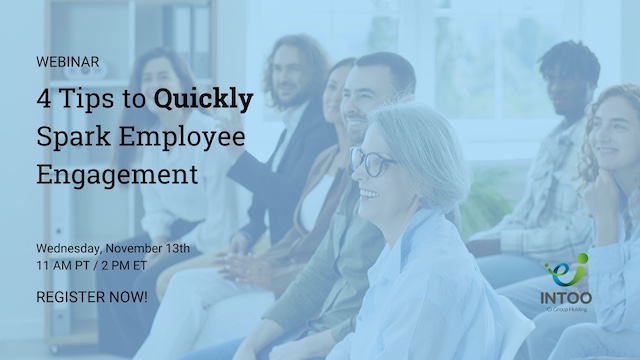What Is Nepotism?
Nepotism refers to the practice of favoring relatives or close associates, typically in business or politics, by providing them with jobs, opportunities, or other benefits, often at the expense of more qualified individuals. This phenomenon can manifest in various forms, such as hiring family members for positions within a company without considering their qualifications or granting preferential treatment to relatives in decision-making processes.
Nepotism can lead to perceptions of unfairness, decreased employee morale, and inefficiencies within organizations, as meritocracy gives way to personal connections and familial ties. In some cases, nepotism can also result in a lack of diversity and innovation within institutions, as talent and ideas from outside circles are overlooked in favor of maintaining familial relationships or personal loyalties. Overall, nepotism undermines principles of fairness, transparency, and meritocracy in both professional and public spheres.
What Is an Example of Nepotism?
Nepotism in the workplace can take many forms, often hiding under a veil of normalcy. Imagine a high-performing sales manager, Dorothy, who consistently exceeds targets and mentors her team. A new sales director position opened up, and Dorothy applied, confident in her qualifications. However, the position goes to John, the CEO’s son, despite having limited sales experience and a mediocre track record. John’s “potential” is cited as the reason, leaving Sarah feeling unfairly passed over and questioning the company’s values.
Impact: This blatant nepotism demotivates Dorothy and other qualified employees, leading to low morale, decreased productivity, and potentially higher turnover. Additionally, John’s lack of experience might hinder the team’s performance, impacting the company’s bottom line.
How Can You Prevent Nepotism in the Workplace?
Preventing nepotism in the workplace requires implementing clear and transparent policies and procedures for hiring, promotion, and decision-making processes. Establishing strict guidelines that prioritize meritocracy and qualifications over personal relationships is essential. This includes creating standardized job descriptions, interview processes, and performance evaluation criteria to ensure fairness and consistency in hiring and advancement decisions. Additionally, implementing conflict of interest policies that require disclosure of familial or personal relationships between employees and decision-makers can help mitigate the risks of nepotism. Providing regular training and education to employees and management about the detrimental effects of nepotism and the importance of diversity and inclusion in the workplace can also foster a culture of fairness and accountability. Finally, maintaining open communication channels and establishing mechanisms.




